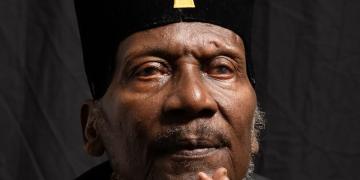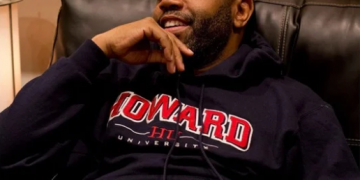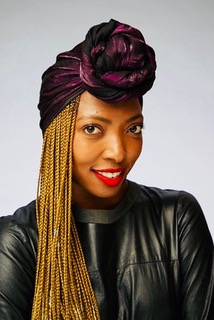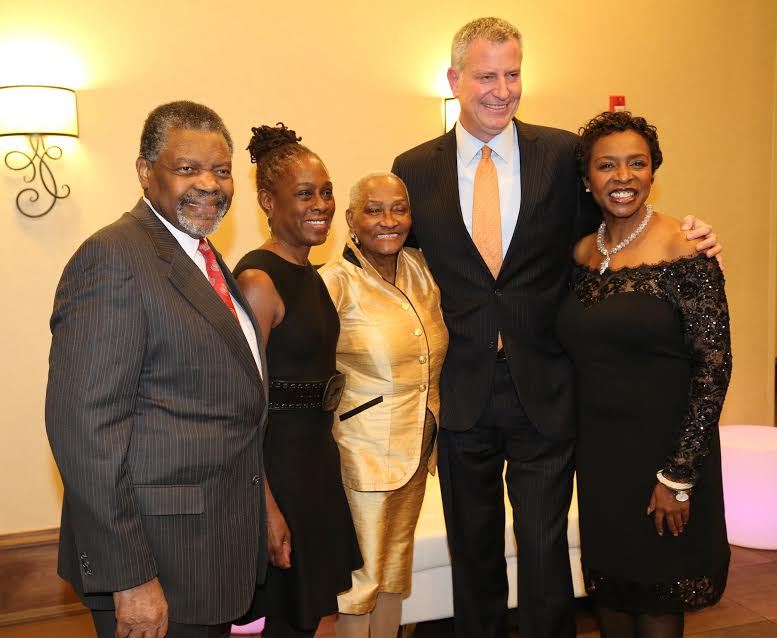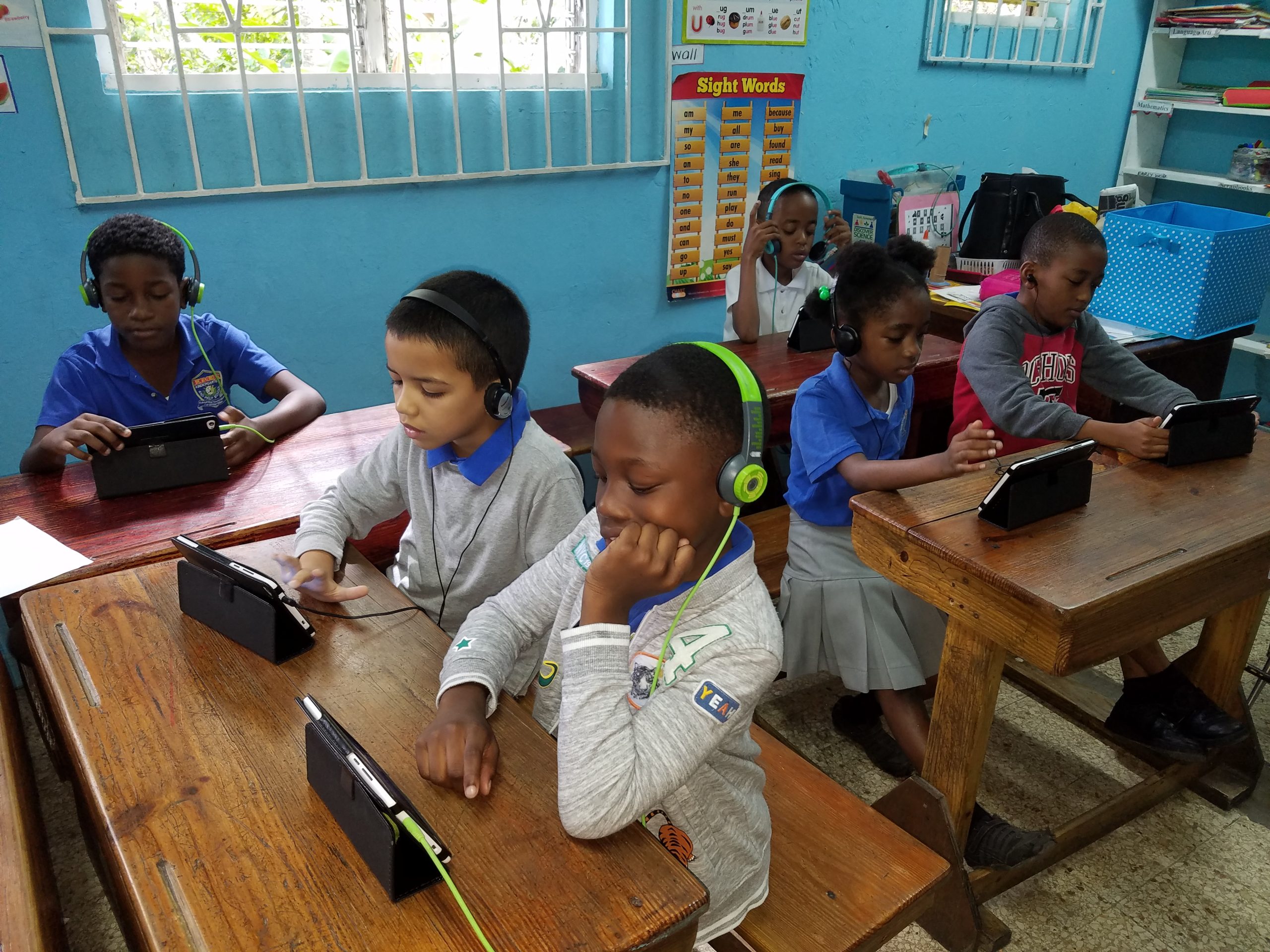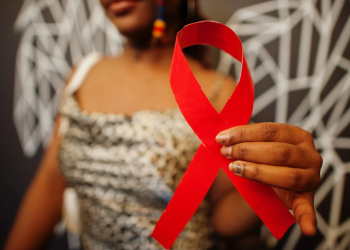
What does it mean for you when you hear the phrase “learn to love unconditionally”? Many people may feel it’s impossible, unattainable and some even think it’s foolish to think we could or should love others or ourselves without conditions. Questions arise like, how else will I “protect” myself? How do I prevent others from taking advantage of me? How will I make sure people do what I want so I am happy? The crux of that last question is where the problem truly lies.
When you wait for conditions to be a certain way before you can be happy, you are living in a self-made prison that you have unconsciously built. Tragically, sometimes it is even built consciously in the guise of “self-preservation”. The challenge is, it’s not possible to sustain that authentic joy if you are busy “making sure”, i.e., controlling your external environment. You cannot attain wellbeing through this approach. The truth is, we can cultivate an inner state of wellbeing that is not predicated on others doing what we want to feel happy. This is liberation.
In the early stage of my own spiritual unfolding, I misunderstood this principle thinking I either had to suppress my feelings or disregard others because I could not be bothered. The former is denial, and the latter is detachment, neither one will offer genuine growth on your path of spiritual development. Honoring and loving yourself as you are in each stage of your life, is a pre-requisite to loving others unconditionally. There is no need to create boundaries, a much-abused buzz word among spiritual seekers, which I find to be a hinderance on our journey of self-awareness.
You will notice that you don’t need anyone to behave in a certain way to make you happy. That comes from within. As you take full responsibility for the quality of your life experience, you realize, (with real eyes) through the perceptual lens of unconditional love that their behavior “good” or “bad” is their way of seeking unconditional love from you in the best way they know how. Of course, it doesn’t excuse the behavior, but it opens you up to see them with compassion and acceptance without the need to assign blame or the need to villainize. Accepting and loving what is, is not the same as being nice. It is learning how to discern the difference between reacting and responding.
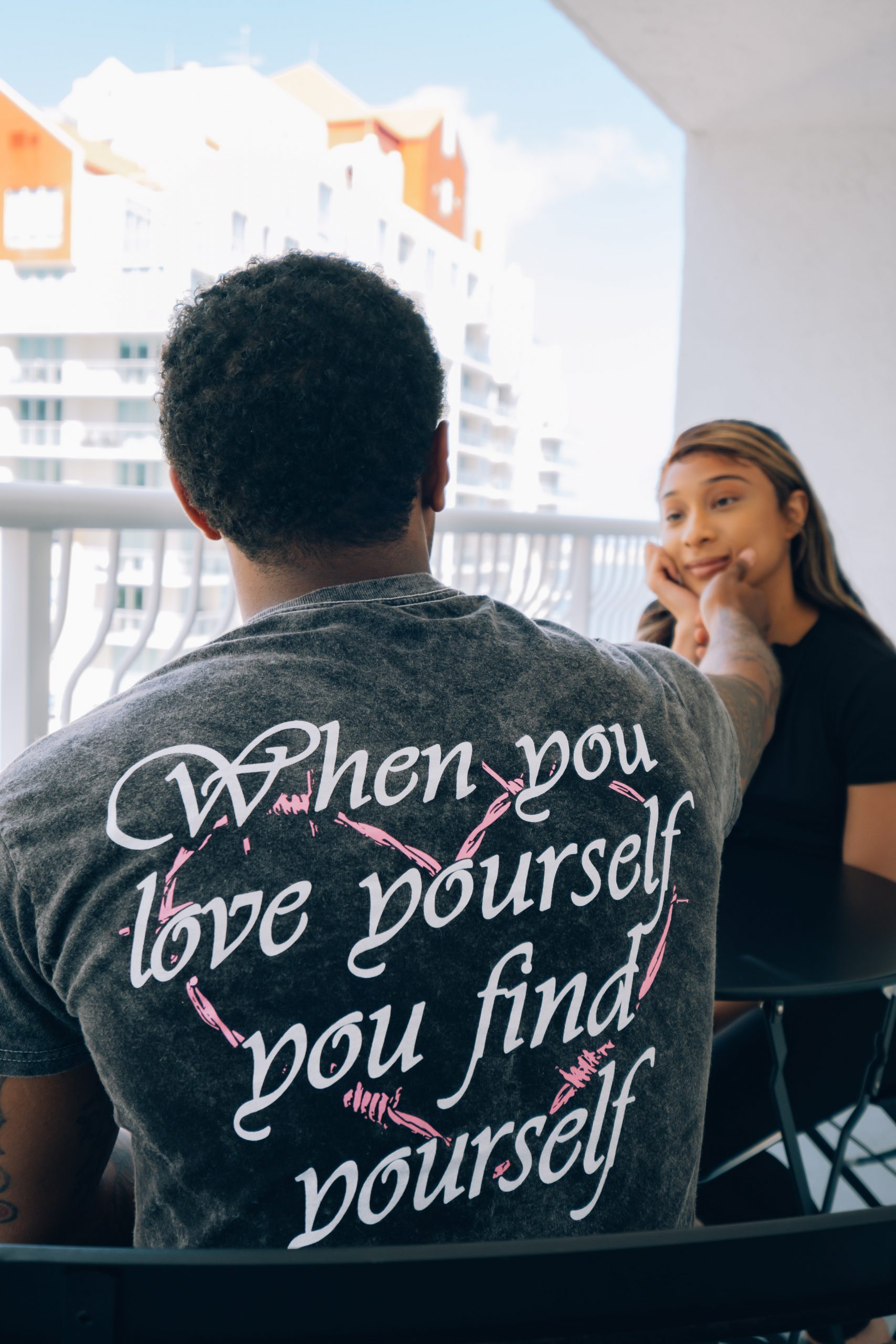
Ironically, the first place to begin showing others unconditional love is by first giving it to yourself. Meditate on an aspect of your personality that you want to change, (one of mine was the need for external validation from my loved ones), at first, observe what arises without trying to analyze, fix and transform it. Notice any sensations in your body such as your hands, feet, stomach, and back. Breath steadily through your nose and listen to what your body says intuitively. Second, begin to establish a subject and object relationship with the feelings that are passing through and soon you will see that this is what Yogis call an impasse. Feelings are not who you are, you are simply the one who is experiencing them, which means have the power to transform them. That is the gift of cultivating unconditional love as part of your spiritual health. It puts you in the driver’s seat of your life because you begin to see, that you don’t need any person, place, or thing to “make you happy” you are empowered to make yourself happy and the natural effects of this, is that everyone and everything in your presence benefits.
Namaste..
Tamara Speid is a heart-centered revolutionary, guide, and experience artist devoted to empowering you to awaken from the mindset of struggle by experiencing a life filled with beauty. Follow Tamara on IG @thespeidexperience or visit her online at www.thespeidexperience.com.

